Cyber Crime

Account Takeover
For many of us, social media is how we connect with the world, stay in touch with friends and family, and even conduct business. When cybercriminals take over our social media accounts, they invade our space, impersonate us, and access our sensitive information. For more about account takeover ...

Business of Cybercrime
With criminals adopting principles akin to legitimate enterprises, the cost, efficiency, and precision of their attacks increase, posing a greater challenge for individuals and organizations to safeguard themselves. For more about the business of cybercrime ...
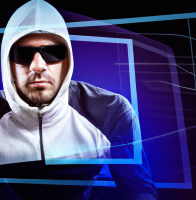
Business Email Compromise
Business Email Compromise (BEC) is a sophisticated cybercrime that involves attackers gaining unauthorized access to a business email account and using that account to steal funds and information. For more about BEC ...

Cryptojacking
Cryptojacking stealthily uses your computers and electricity to mine cryptocurrencies such as Bitcoin, Ethereum, or Monero, generating profits for the attacker. For more about cryptojacking ...

Cryptocurrency Scams
A cryptocurrency scam is a fraud involving digital currencies that aims to deceive investors with false promises or to trick them into giving away access to their digital wallets. For more about cryptocurrency scams ...

Cyberstalking
Cyberstalking is a form of online harassment that involves using the internet or other forms of electronic communication to stalk or harass an individual. For more about cyberstalking ...
.png)
Insider Threat
Insiders may intentionally or unintentionally misuse their access privileges to steal data, sabotage systems, or harm the organization's operations. For more about insider threats...

Internet of Things (IoT) Attacks
IoT devices include appliances and other household items, wearable gadgets, industrial machines, and smart city systems. Adversaries can exploit the weaknesses of IoT devices and their connection to each other and the networks they are on. For more about IoT attacks ...
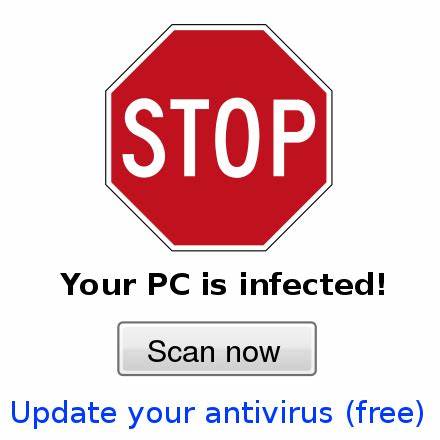
Malvertising
Malvertising is the use of online website advertisements to disseminate malware. Cybercriminals inject malware into seemingly innocuous ads. For more about malvertising…
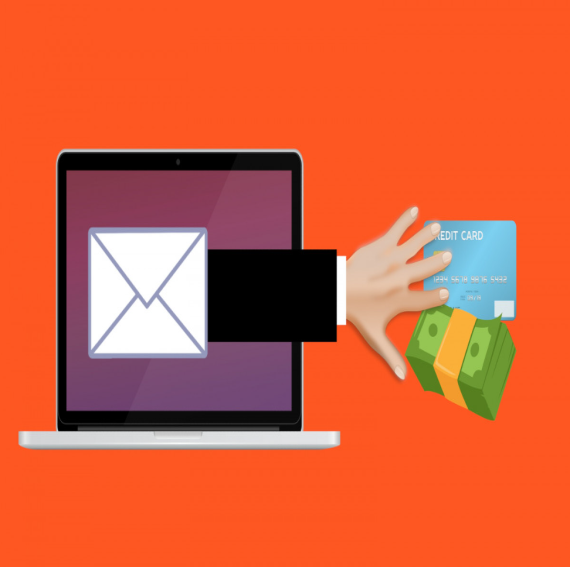
Phishing Email
Phishing scams typically involve fraudulent emails, text messages, or websites that mimic legitimate organizations or individuals to deceive recipients into revealing sensitive information, such as passwords, credit card details, or account numbers. For more about phishing emails …
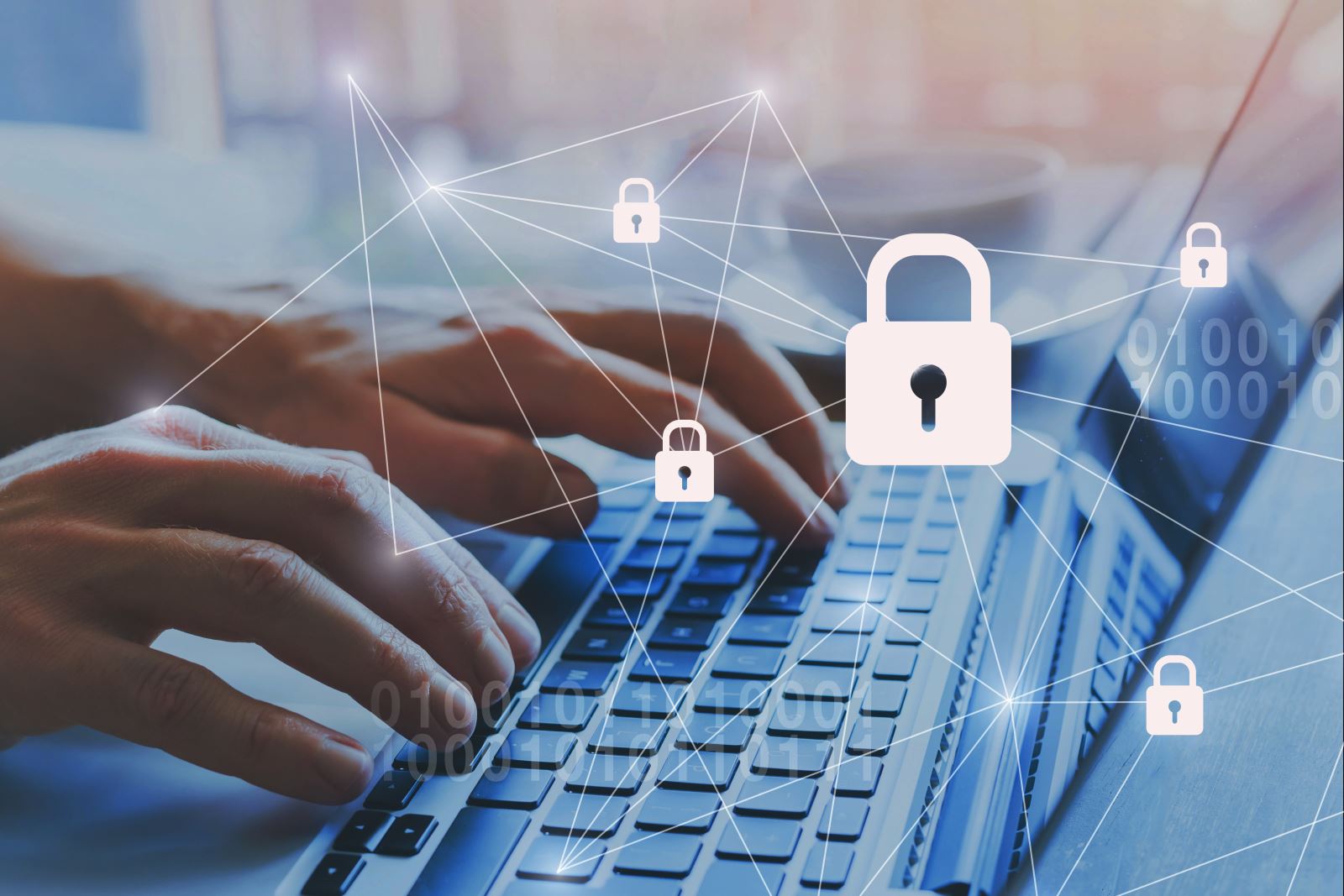
Preventing Cybercrime
Just as you use locks to keep criminals out of your home, you also need safeguards to secure your computer. For more about preventing cybercrime ...
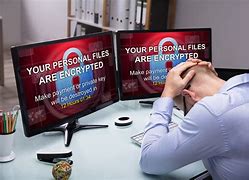
Ransomware
Ransomware is malicious software that uses encryption to deny access to a computer system or files until a sum of money, or ransom, is paid to the attacker. For more about ransomware ...
.png)
SIM Swapping
SIM swapping, SIM hijacking, or SIM jacking happens when a cybercriminal transfers a victim's phone number to a SIM card they control. This enables them to receive the victim's calls and messages and bypass SMS-based multi-factor authentication (MFA). For more about SIM swapping ...

Smartphone Safety: Prevention and Recovery Tips
Losing your phone can lead to identity theft, financial fraud, and data breaches. To protect yourself, set up strong security features in advance, and if your phone goes missing, act fast to erase data, change passwords, and report the loss. For more about Smartphone Safety: Prevention and Recovery Tips ...
.png)
Smishing
In SMS scams or smishing, fraudsters use text messages to trick victims into sharing personal information, clicking malicious links, or making unauthorized payments. These messages often impersonate trusted sources using tactics similar to phishing attacks. For more about smishing ...

Social Engineering
In social engineering, attackers manipulate individuals into divulging confidential information, providing access to systems, or performing actions compromising security. For more about social engineering ...

Supply Chain Attacks
Supply chain attacks exploit vulnerabilities in a target's suppliers. Instead of attacking the target directly, attackers compromise third-party software or hardware, embedding malicious code or backdoor later passed to the target organization through the supply chain. For more about supply chain attacks ...
Stay Cyber Safe
- Learn about the common fraud schemes from the Federal Bureau of Investigation (FBI).
- Avoid scams, protect your identity, and secure your computer with tips from the Federal Trade Commission’s (FTC) OnGuard Online.
- Follow ten simple, customized steps from the Federal Communications Commission’s Smartphone Security Checker to secure your mobile phone. In addition, learn how to safely use public Wi-Fi networks and what steps to take if your phone is stolen.
- Protect yourself, your family, and your devices with tips and resources from the National Cyber Security Alliance.
- National Security Agency (NSA) recommends these Best Practices for Securing Your Home Network
- Cybersecurity and Infrastructure Security Agency (CISA) suggests 4 Things You Can Do To Keep Yourself Cyber Safe
References:
- Cybersecurity and Infrastructure Security Agency (CISA). (n.d.). Federal Incident Notification Guidelines. retrieved from https://www.cisa.gov/federal-incident-notification-guidelines.
- Federal Trade Commission. IdentityTheft.gov - When Information is Lost or Exposed
- Get Cyber Safe, National Cybersecurity Alliance, & CybSafe. (2022). Oh, Behave! The annual cybersecurity attitudes and behaviors report.
- SANS Security Awareness. (2024). OUCH! Security Awareness Newsletter. Retrieved from https://www.sans.org/newsletters/ouch/
- "Theft, Fraud + Cybercrime," National Cybersecurity Alliance, https://staysafeonline.org/resources/theft-fraud-cybercrime/
- US Senate Special Committee on Aging. (2022 November 16). Modern Scams: How Scammers Are Using Artificial Intelligence & How We Can Fight Back. Retrieved from https://www.aging.senate.gov/hearings/modern-scams-how-scammers-are-using-artificial-intelligence-and-how-we-can-fight-back.


